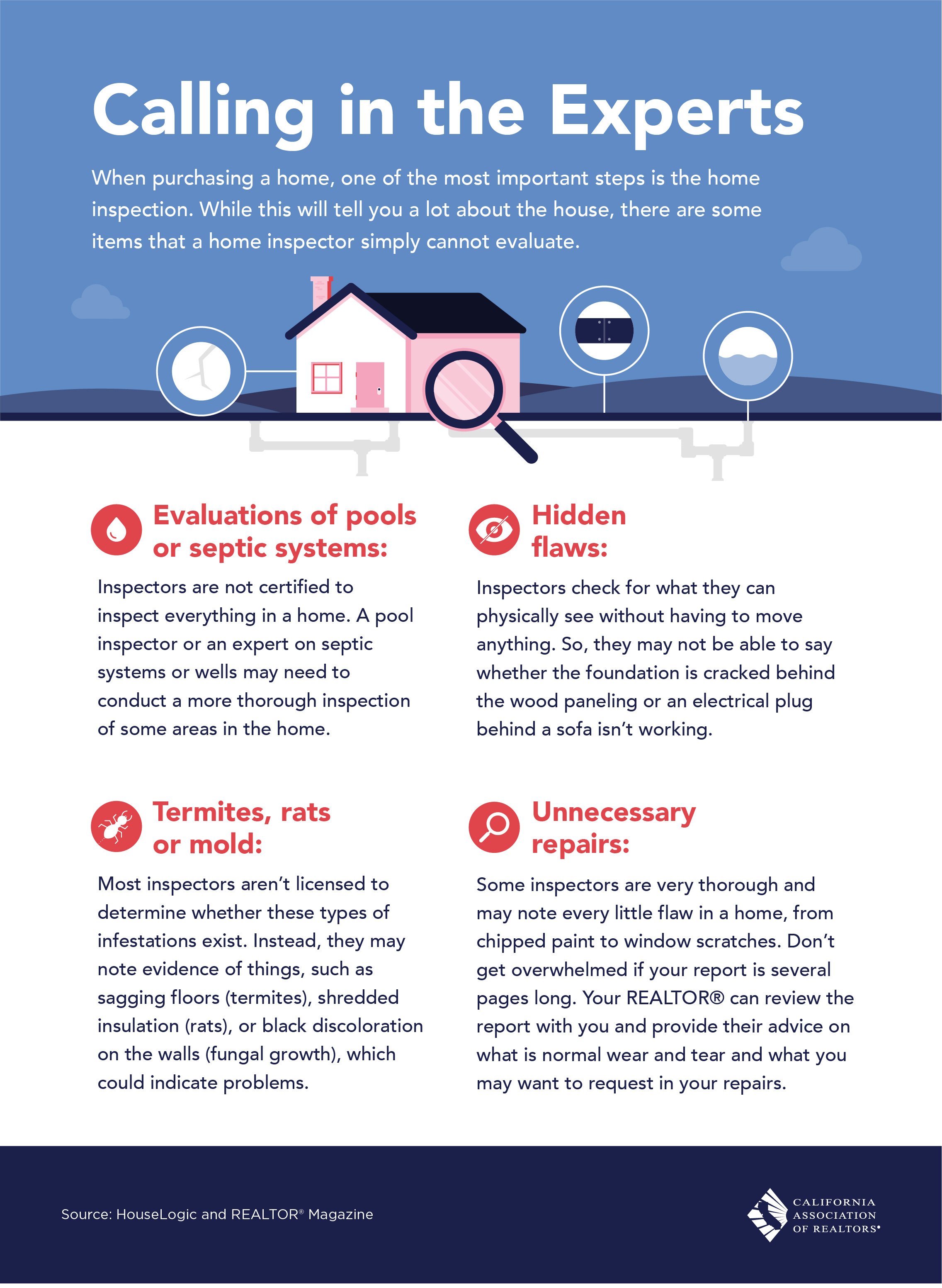Options Are Plentiful When Choosing Substitute Windows, However Comprehending Key Variables Can Make All The Distinction In Your Decision-Making Process
Options Are Plentiful When Choosing Substitute Windows, However Comprehending Key Variables Can Make All The Distinction In Your Decision-Making Process
Blog Article
Composed By-Gray Austin
When it involves choosing windows for your home, you've obtained lots of alternatives to take into consideration. Each product-- whether it's vinyl, timber, light weight aluminum, or fiberglass-- has its own benefits and drawbacks. You'll wish to think of energy performance, maintenance demands, and just how well the style fits with your home's style. But before you choose, there are crucial variables that could affect your choice. Let's discover those further.
Recognizing Window Products: Pros and Cons
When you're choosing windows for your home, understanding the materials they're made from can significantly affect your decision. Each material includes its very own collection of pros and cons.
Vinyl windows are popular for their affordability and low upkeep, but they can warp in extreme temperatures.
Wood home windows supply excellent insulation and visual appeal, though they need regular maintenance to prevent rot.
Light weight aluminum windows are durable and immune to rust, yet they can carry out warmth, making them much less energy-efficient.
Fiberglass home windows incorporate toughness and power effectiveness, but they often tend to be costlier.
Power Performance Scores: What You Need to Know
Exactly how can you ensure your brand-new home windows add to a comfy and energy-efficient home? Beginning by looking at power effectiveness scores, which give essential details about a home window's performance.
The National Fenestration Ranking Council (NFRC) identifies windows with vital metrics like U-factor, Solar Heat Gain Coefficient (SHGC), and Visible Passage (VT). The U-factor indicates just how well a window protects, while SHGC actions just how much solar heat enters your home. A reduced U-factor and SHGC imply better energy efficiency.
Additionally, consider the Power Celebrity label, which represents that a window satisfies strict power performance standards. By concentrating on https://k12.instructure.com/eportfolios/891661/entries/3234759 , you can pick windows that help reduce power costs and preserve a comfy indoor atmosphere year-round.
Styles and Designs: Finding the Perfect Suitable For Your Home
Selecting home windows isn't just about energy efficiency; design and styles play an important role in boosting your home's overall appeal.
When selecting home windows, consider your home's architecture. Standard homes might benefit from double-hung or casement windows, while modern styles can radiate with smooth, minimalistic designs.
You'll wish to consider color and product too-- vinyl, timber, and aluminum offer numerous visual appeals and maintenance degrees.
Don't forget about capability; decorative grids can add appeal, while bigger panes develop an airy feel.
Eventually, you should choose home windows that mirror your individual style and enhance your home's character.
Take your time checking out options; the best home windows won't just enhance your aesthetic appeal however also produce a welcoming environment inside.
Conclusion
In conclusion, choosing the best windows for your home has to do with balancing design, effectiveness, and upkeep. Consider the pros and cons of products like vinyl, timber, light weight aluminum, and fiberglass to locate what fits your demands best. Don't neglect to examine energy efficiency rankings to guarantee long-lasting efficiency. With the right options, you can improve your home's comfort and aesthetic appeal while remaining within your budget plan. Take your time, and you'll locate the ideal fit!
